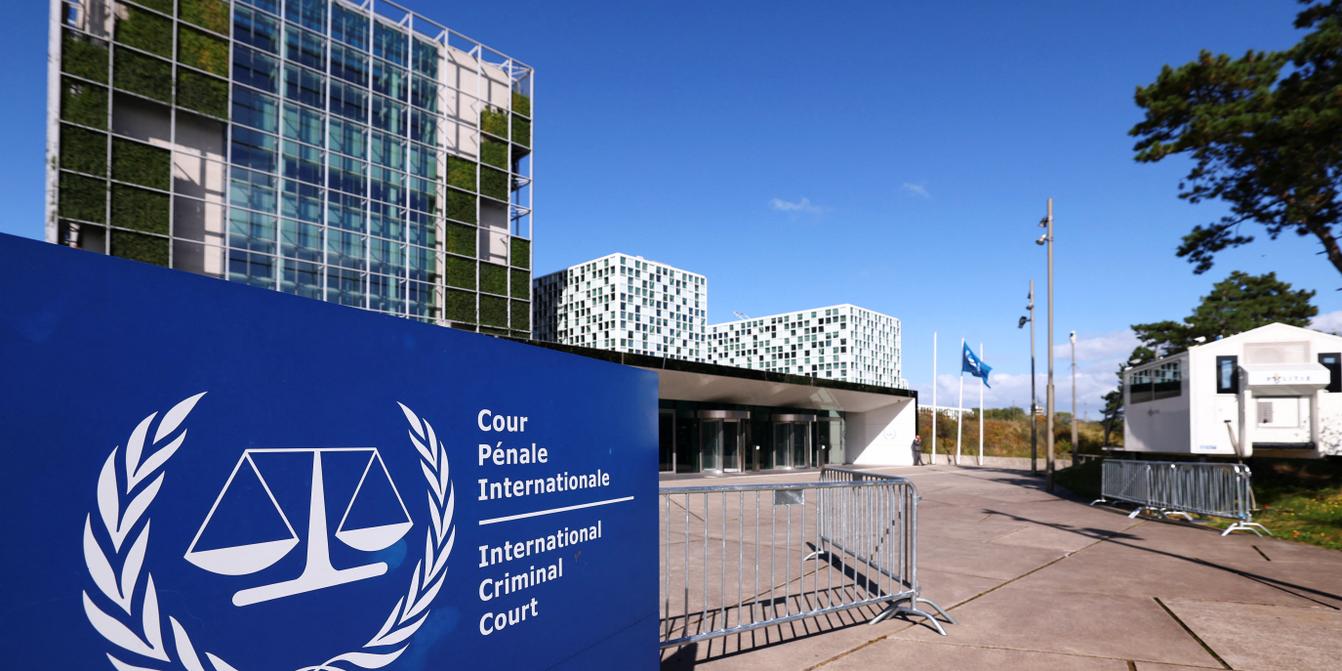Mali, Burkina Faso, and Niger Withdraw from International Criminal Court
The military governments of Mali, Burkina Faso, and Niger have jointly announced their withdrawal from the International Criminal Court, denouncing it as a biased and neo-colonial institution and pledging to establish their own justice mechanisms.

The military-led governments of Mali, Burkina Faso, and Niger declared their intention to withdraw from the International Criminal Court (ICC), accusing the Hague-based tribunal of serving as a 'neo-colonial' tool and failing to prosecute war crimes and crimes against humanity effectively. According to statements released by the juntas in Bamako, Ouagadougou, and Niamey, the ICC is viewed as an instrument of imperialist repression, and the three countries plan to develop indigenous mechanisms for peace and justice. The announcement marks a significant escalation in the countries' distancing from Western institutions and follows their recent formation of the Alliance of Sahel States, a confederation aimed at mutual defense and regional cooperation, particularly after a series of coups between 2020 and 2023.
Criticism of the ICC and Regional Context
According to Reuters and France 24, the governments of Mali, Burkina Faso, and Niger argue that the ICC has demonstrated bias, focusing disproportionately on African cases while ignoring alleged crimes by more powerful nations. The three countries, all facing ongoing violence from jihadist groups linked to al-Qaeda and Islamic State, have also been accused by rights groups of committing abuses against civilians during military campaigns. Civil society organizations in the region warn that the withdrawal could reduce international oversight and weaken protections for civilians, especially as the Sahel faces persistent instability and humanitarian crises.
The ICC, established in 2002, is tasked with prosecuting individuals for the gravest crimes when national courts are unable or unwilling to act. African governments have long criticized the court for what they perceive as double standards, and the latest move by the Sahel states echoes previous withdrawals or threats of withdrawal by other African nations, such as Burundi in 2016. Legal experts note that the withdrawal process is not immediate; it takes effect one year after formal notification to the United Nations Secretary-General, and any ongoing investigations or cases remain valid until that date.
Geopolitical Shifts and Future Justice Mechanisms
The decision by Mali, Burkina Faso, and Niger comes as the three countries deepen their political and military ties with Russia, whose President Vladimir Putin has been the subject of an ICC arrest warrant since 2023. The Alliance of Sahel States has increasingly distanced itself from France and other Western partners, seeking new alliances and asserting greater sovereignty over internal affairs. The juntas have stated their intention to create 'indigenous mechanisms for the consolidation of peace and justice,' though details about these proposed systems remain unclear.
The withdrawal of three member states at once presents a new challenge for the ICC, which currently has over 120 members. Observers note that the move could further erode the court's legitimacy in Africa, where it has faced mounting criticism. Supporters of the withdrawal argue that the Sahel states should be allowed to develop their own justice systems, while critics caution that the absence of international oversight could embolden impunity for serious crimes. For now, Mali, Burkina Faso, and Niger remain ICC members until the one-year withdrawal period concludes.